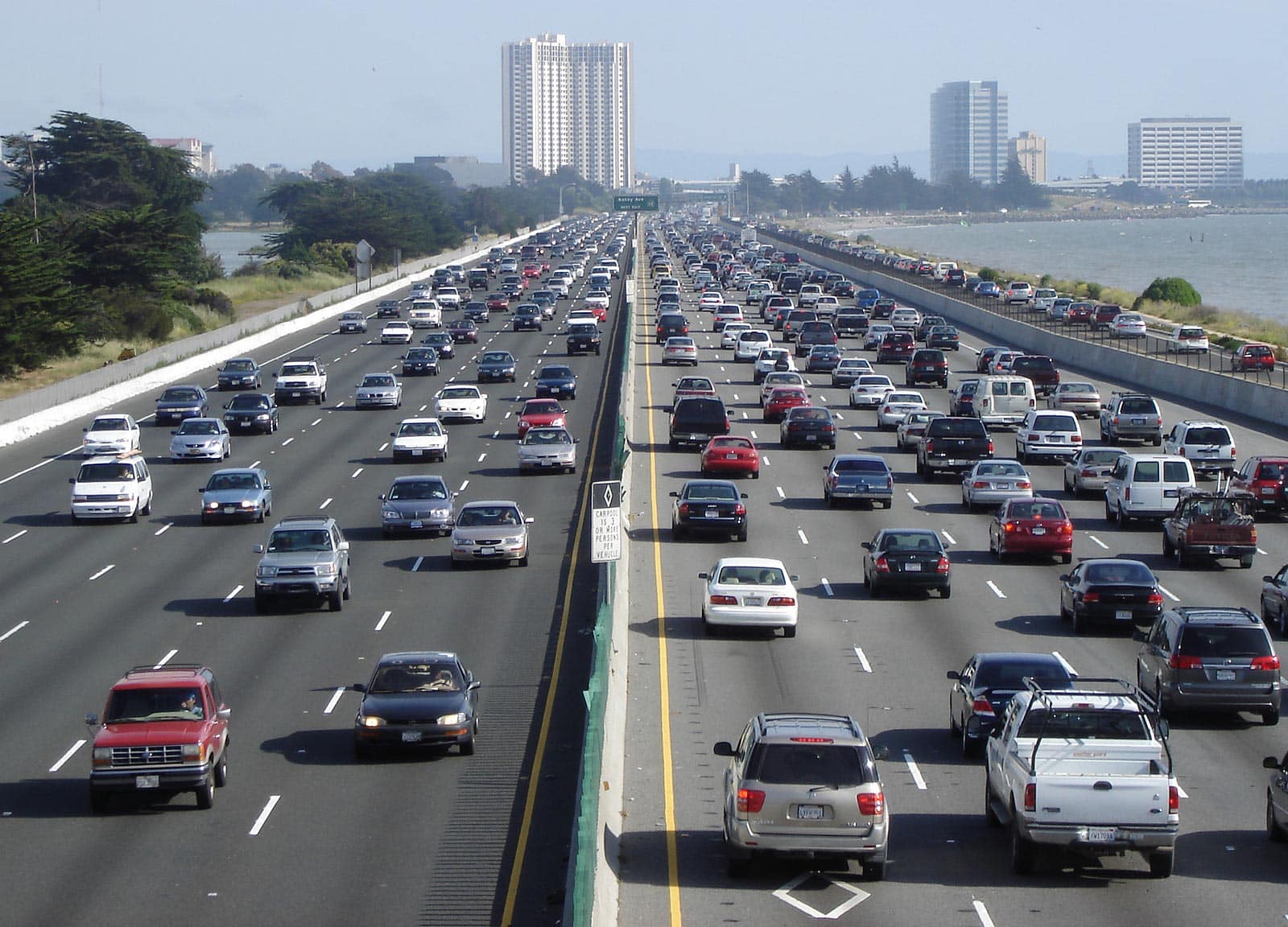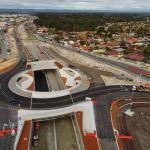Technology dominates the best part of our lives, from our smartphones to our home appliances that can be controlled via an app, so it was only a matter of time before it became a part of the transportation and traffic system too. So how has technology impacted the way we commute every day?
Intelligent Transport in 2017
Welcome to 2017, where some new cars warn us of hazards or avoid them entirely with in-built sensors, some answer our commands via voice control, and others can park or drive themselves. This kind of incredible technology is expanded upon and manipulated to create Intelligent Transport Systems (ITS), which work to improve the safety of those on the road. But how do these systems actually work?
Vehicles with ITS technology are even smarter than those that drive or park themselves, in that they’re connected to the internet. These systems can communicate with each other in real-time, relaying information from personal vehicles to warn other vehicles about hazards, or via traffic management systems to update drivers on road conditions, communicate speed variations or detect distracted drivers!
Traffic Management of the Future is Here
The aim of ITS Technology is to improve safety, reduce costs and find more efficient ways of communicating and commuting. The technology is already being used in to solve traffic issues in Western Australia, in areas such as:
- Traffic and Incident Monitoring: CCTV footage and vehicle detectors are used to detect incidents and respond to them in the most efficient way to help ease congestion.
- Variable Message Signs: Used to warn drivers of upcoming incidents, severe weather, long weekend Double-Demerit Points, upcoming events where vehicle routes may change and general congestion.
- GPS & Navigation Systems: Drivers now have access to real-time updates about the route they are taking, with the option to take other quick routes if an incident occurs and causes congestion.
- Rail Management Systems: ITS allows for controllers to turn data regarding train location and speed into efficient and reliable train schedules.
- Distraction Detection: Helping to identify drivers who are suffering from fatigue, or who are inattentive or distracted, through specialised imaging and measuring of things such as eye and head position
Why Invest in ITS Technology?
The biggest reason to invest time, money and resources in ITS technology comes from a safety perspective. With metropolitan areas attracting more and more people to live and work, the congestion on our roads will only continue to increase. ITS is important for advising and managing congestion, preventing accidents from occurring in the first place and smoothing traffic flow if an incident does take place
With the Modern Era’s thirst for 24/7 information, ITS technology assists us daily by providing real-time data to help us be more efficient and productive on our travels. But productivity does not mean being able to check the emails on your phone, drink a coffee and paint your nails as you drive, it means being able to drive with a smaller chance of having a fatigue-related incident.
Other benefits of the technology include reduced costs and environmental performance, with less money being spent on vehicle repairs and fuel consumption from sitting at between 5-10kmph on the Freeway for an hour in the morning and evening, and less gas emissions from your car as you (hopefully) spend less time on the road.
It’s an exciting time for the tech world, and it’s intriguing to think how technology will continue to mould and change the way we understand and undertake traffic management in the future. With 20 years in traffic management, you can be sure that WARP Group will be leading the way in any technological advances that improve traffic management in Australia! Contact WARP Group today for more information on how our traffic management can help you!





